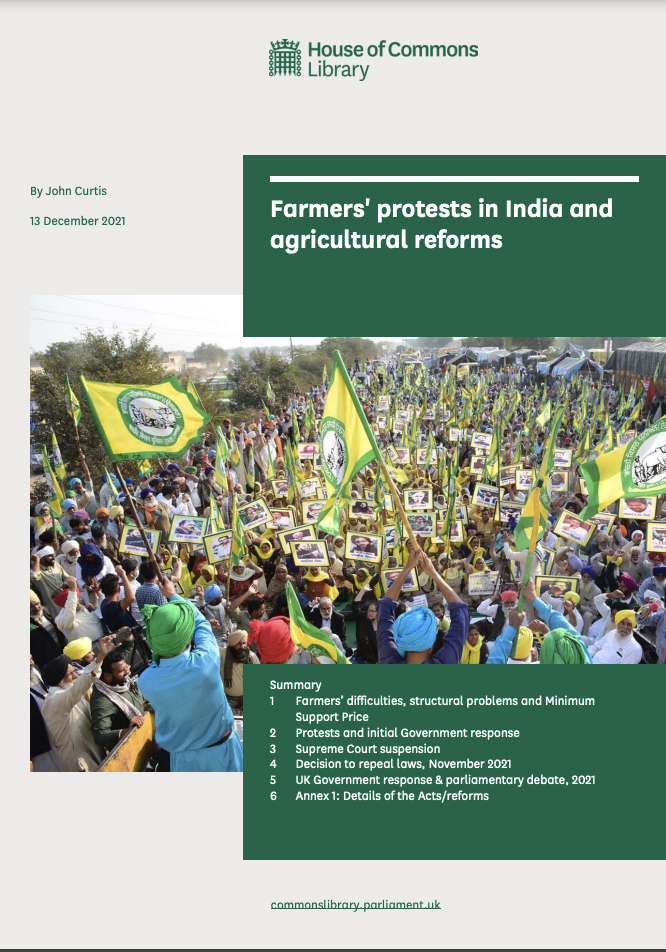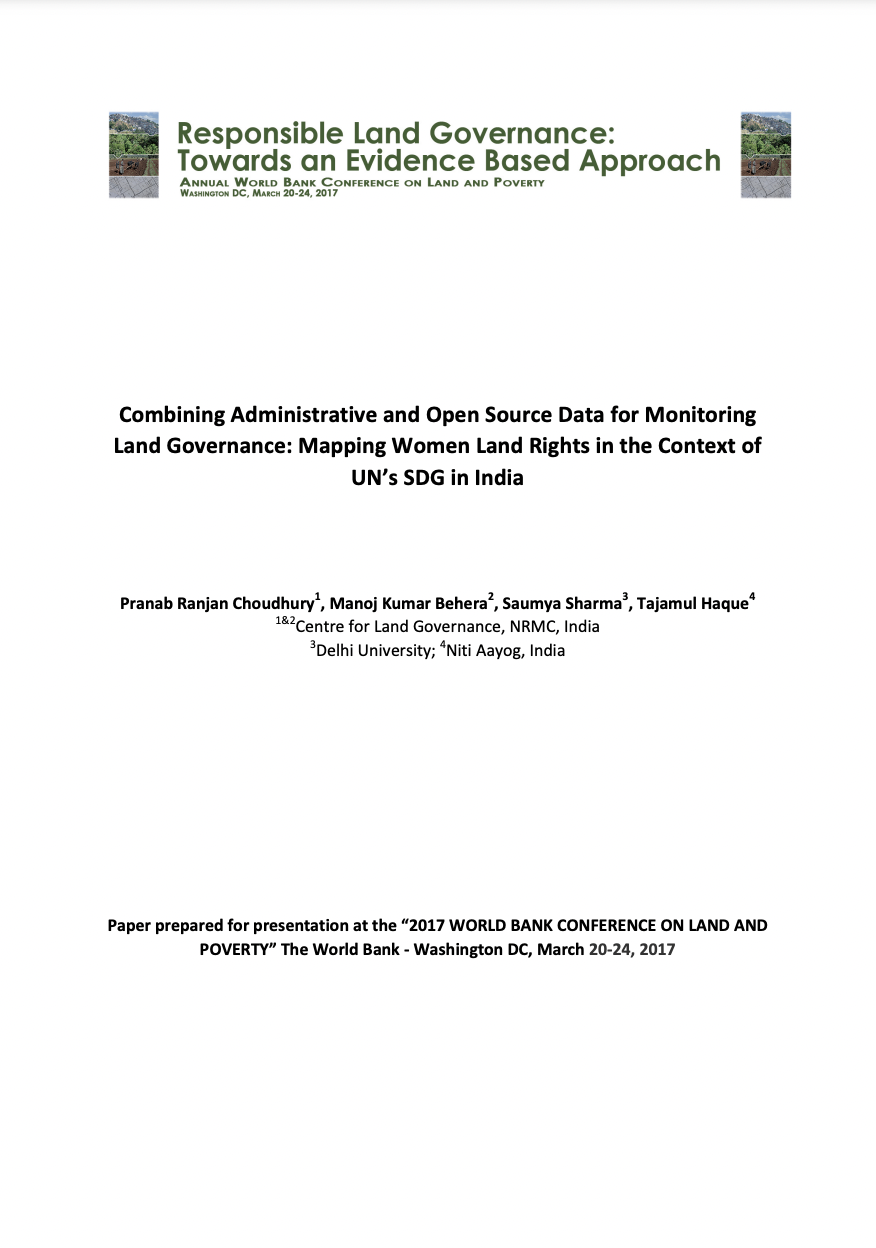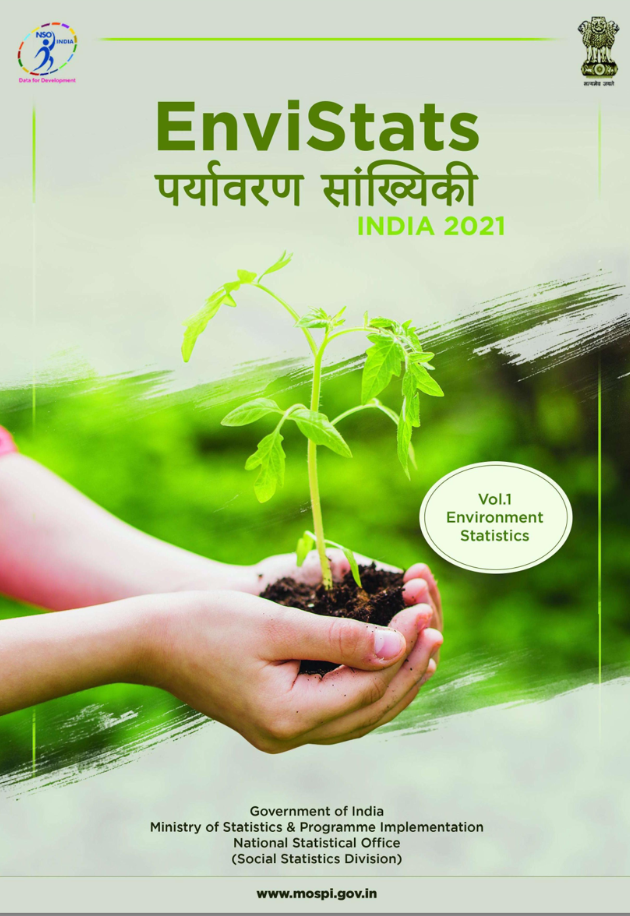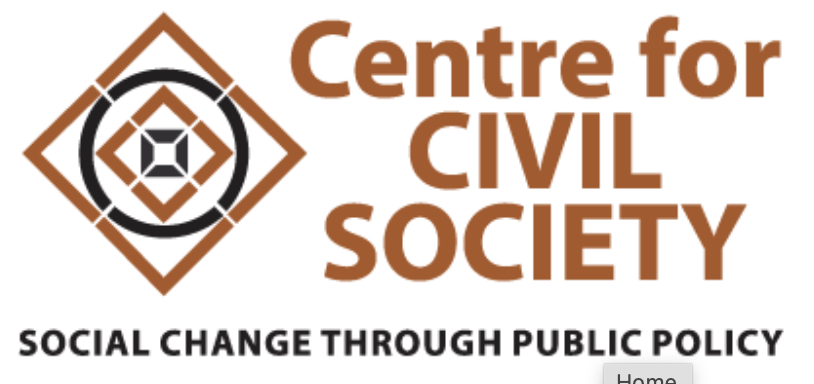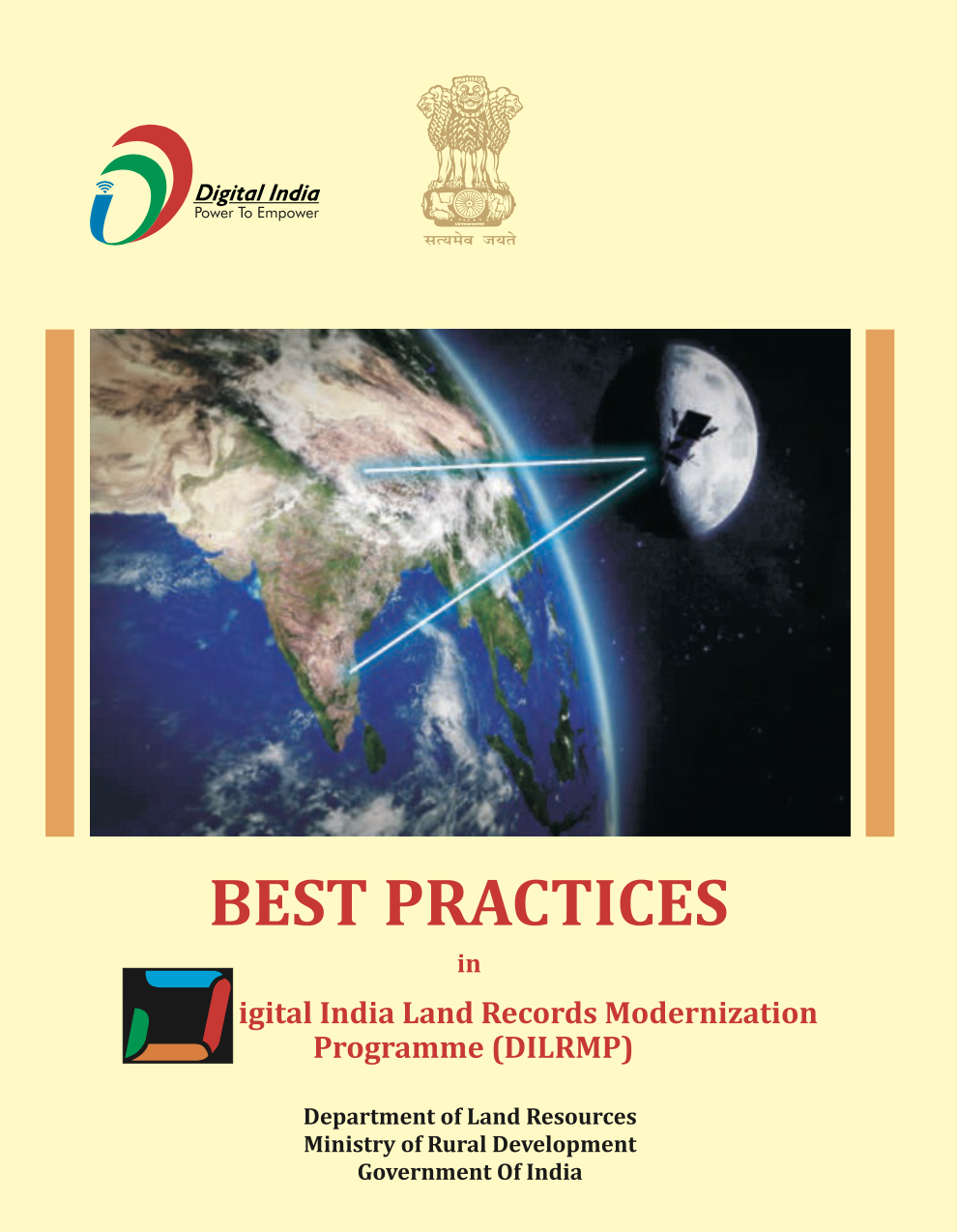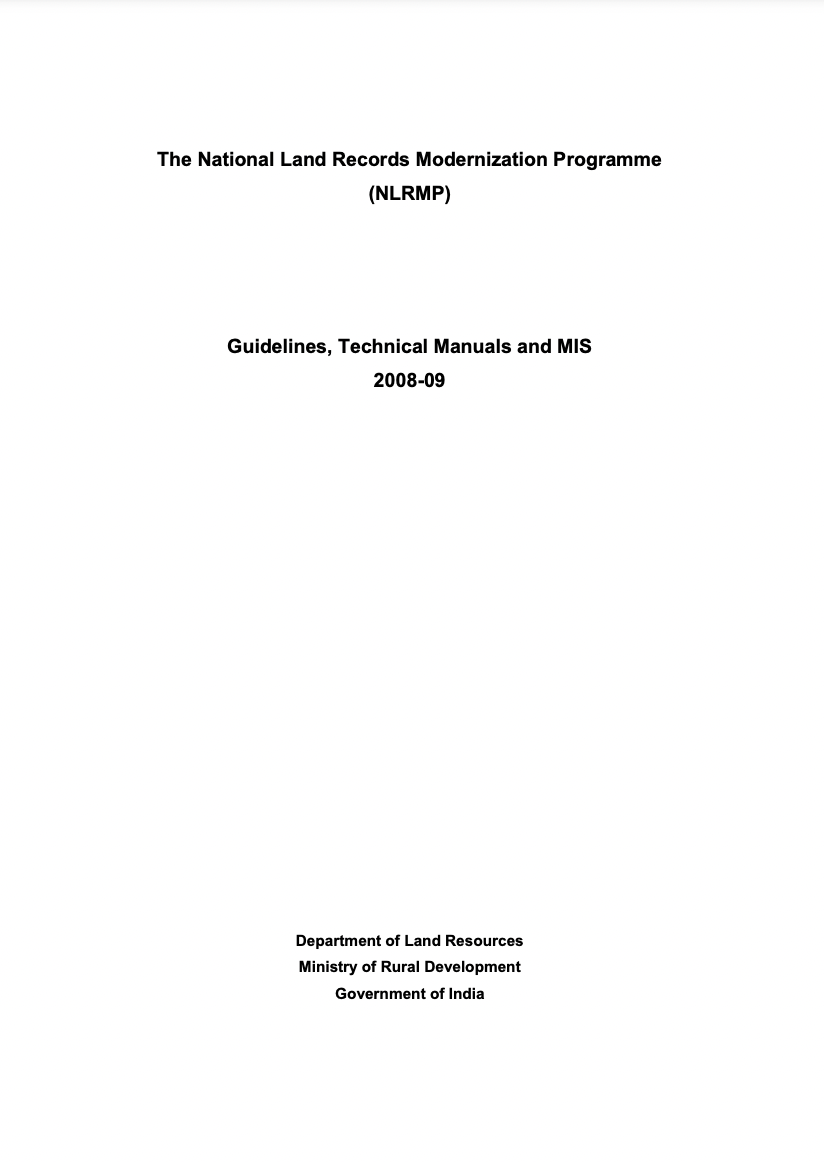
Topics and Regions
Daniel Hayward (UK) worked around Europe for 15 years as a dancer, choreographer and dance writer. Following retraining in sustainable development, he now works as an international development researcher, focused on land relations, agricultural value chains, gender, and migration. As well as working for Land Portal, Daniel is the project coordinator of the Mekong Land Research Forum at Chiang Mai University, and consultant for a variety of local and international NGOs and research institutes.
Details
Location
Contributions
Displaying 281 - 290 of 835Indonesian government says no to reclassifying oil palm estates as forests
- The Indonesian government has rejected a proposal made by a prominent university to reclassify oil palms as a forest crop.
- The proposal was ostensibly meant to resolve the problem of illegal plantations operating inside forest areas, and would have redefined plantations as forests, and new plantings as reforestation.
- The environment ministry says it has no plans to adopt such a plan because it has its own program, the social forestry scheme, to get local communities to switch from illegal oil palm plantations to more sustainable, and profitable,
Mining fractures land and community in Mongolia
With over 1000 licenses issued across the country, a diverse range of mineral extraction operations are transforming Mongolia’s rural cultural landscape. The Gobi region is crowded with both mega mines and smaller-scale operations. The Gobi also has excellent conditions for renewable energy and is poised to be a site for significant investment in this industry.
Right to Relief: Indebted land communities speak out
Cambodia's microfinance over-indebtedness crisis is leading to human rights abuses. In 2020, the average microloan in Cambodia was $4,280 – the largest in the world. The average microloan was larger than 95% of Cambodians' incomes. There were 2.8 million microloans held across the country's 3.6 million households.
Farmers' protests in India and agricultural reforms
Abstracted from executive summary:
The Indian Central Government introduced three agricultural reform bills in June 2020. These Bills, known collectively as the farm laws, were passed by the Indian Parliament at the end of September. Opposition figures and protesting farmers complained there was little consultation over the legislation. On 19 November 2021, after nearly a year of mass protests against the laws, the Indian Prime Minister, Narendra Modi, made a surprise announcement that his Government would repeal the farm laws.
Combining Administrative and Open Source Data for Monitoring Land Governance
Production, availability and accessibility of reliable data and statistics are of fundamental importance in monitoring and in taking evidence-based decisions for good land governance. The demand for data as evidence is increasingly focused to monitor global and national developmental status and targets. Implementation of intentionally agreed commitments like Sustainable development Goals (SDGs) influence data production and availability, and the development of national statistical capacities (OECD, 2015)1 .
EnviStats India 2021
Environment statistics enumerate various aspects of the environment and human interactions with it. The scope of environment statistics encompasses all dimensions of the environment, be it Earth, Water or Air, the biotic and abiotiv matter found within the natural environment, and various concerns arising out of impacts of human footprints on it. The objective of environment statistics is to provide information about the environment, its changes over time and across locations, and the main factors that influence them.
Centre for Civil Society
Vision: CCS envisions a world where each individual leads a life of choice in personal, economic and political spheres and every institution is accountable.
Mission: Centre for Civil Society advances social change through public policy. Our work in education, livelihood, and policy training promotes choice and accountability across private and public sectors. To translate policy into practice, we engage with policy and opinion leaders through research, pilot projects and policy training.
Forest-Based Bamboo Trade in Mendha Lekha and Jamguda
This paper presents case studies of two tribal villages - Mendha Lekha and Jamguda - successfully running forest-based bamboo businesses under the community forest rights provisions of Forest Rights Act (2006). We have documented the issues faced by the villagers in claiming community forest rights, issues faced in harvesting and sale of bamboo, and business practices adopted by both the villages.
Best Practices in Digital India Land Records Modernization Programme (DILRMP)
India is one of the fastest growing economies in the world, but its growth potential can be further enhanced by improving the land governance system in the country. The manual system of maintenance and updation of land records practiced earlier resulted in poor and outdated land records. As a result, nearly two-thirds of all pending cases in Indian courts were related to property disputes. Millions of Indians could not use their principal asset as collateral to borrow from the former financial system. The poor suffer the most. A large proportion of government land lied unused.
The National Land Records Modernization Programme (NLRMP); Guidelines, Technical Manuals and MIS 2008-09
For modernization of land records system in the country, a modified programme, viz., the National Land Records Modernization Programme (NLRMP) has been formulated by merging two Centrally-sponsored schemes of Computerization of Land Records (CLR) and Strengthening of Revenue Administration and Updating of Land Records (SRA&ULR). The NLRMP was approved by the Cabinet on 21.08.2008.




